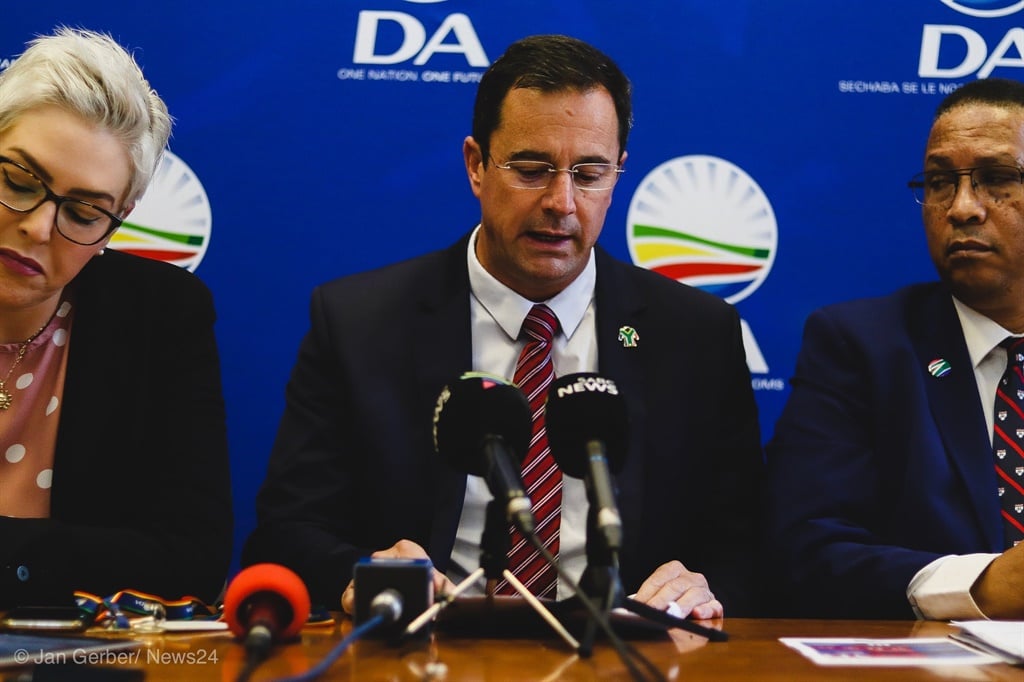 The DA has vowed to donate R1.5 million towards the state’s Solidarity Fund – aimed at acquiring resources to help combat the novel coronavirus.
The DA has vowed to donate R1.5 million towards the state’s Solidarity Fund – aimed at acquiring resources to help combat the novel coronavirus.
In a statement, DA spokesperson Solly Malatsi said the party’s federal executive resolved to contribute to assist small businesses in distress as a result of the Covid-19 pandemic.
He added that the contribution would be drawn from the salaries of DA public representatives.
DA to donate sanitisers to essential workers
“In addition we will be distributing sanitisers worth R200 000 to essential workers who are at the forefront of keeping the economy functional and saving lives during this difficult time. Notwithstanding this overall contribution, DA public representatives are at liberty to make any additional financial contributions to the Solidarity Fund as individuals if they wish to do so,” he said.
This comes after President Cyril Ramaphosa called on public office bearers and executives of large companies to take pay cuts and contribute to the fund.
Ramaphosa made the plea when he addressed the nation last Thursday and announced that the lockdown would be extended by a further two weeks.He announced that he, members of his Cabinet, deputy ministers and premiers would take a one-third cut in their salaries for the next three months which would be donated to the fund.
So far, around R2.2 billion has been raised for the fund, with half of that already allocated to buy gloves, face shields, surgical masks, test kits and ventilators, Ramaphosa said.
DA interim leader John Steenhuisen has been advocating for a fair and inclusive relief fund for small, medium and micro enterprises (SMMEs).
This after Cabinet ministers made contradictory statements about who would benefit from the SMME relief fund.
SMME’s unaware of how to access funds
In a letter to Ramaphosa in March, Steenhuisen said the relief funding that uses BEE qualifying criteria or ownership will miss more than 93% of companies with a turnover of less than R10 million per year or that are not 51% black owned.
Collectively, he wrote, these businesses employ thousands of South Africans, most of whom are black, News24 earlier reported.